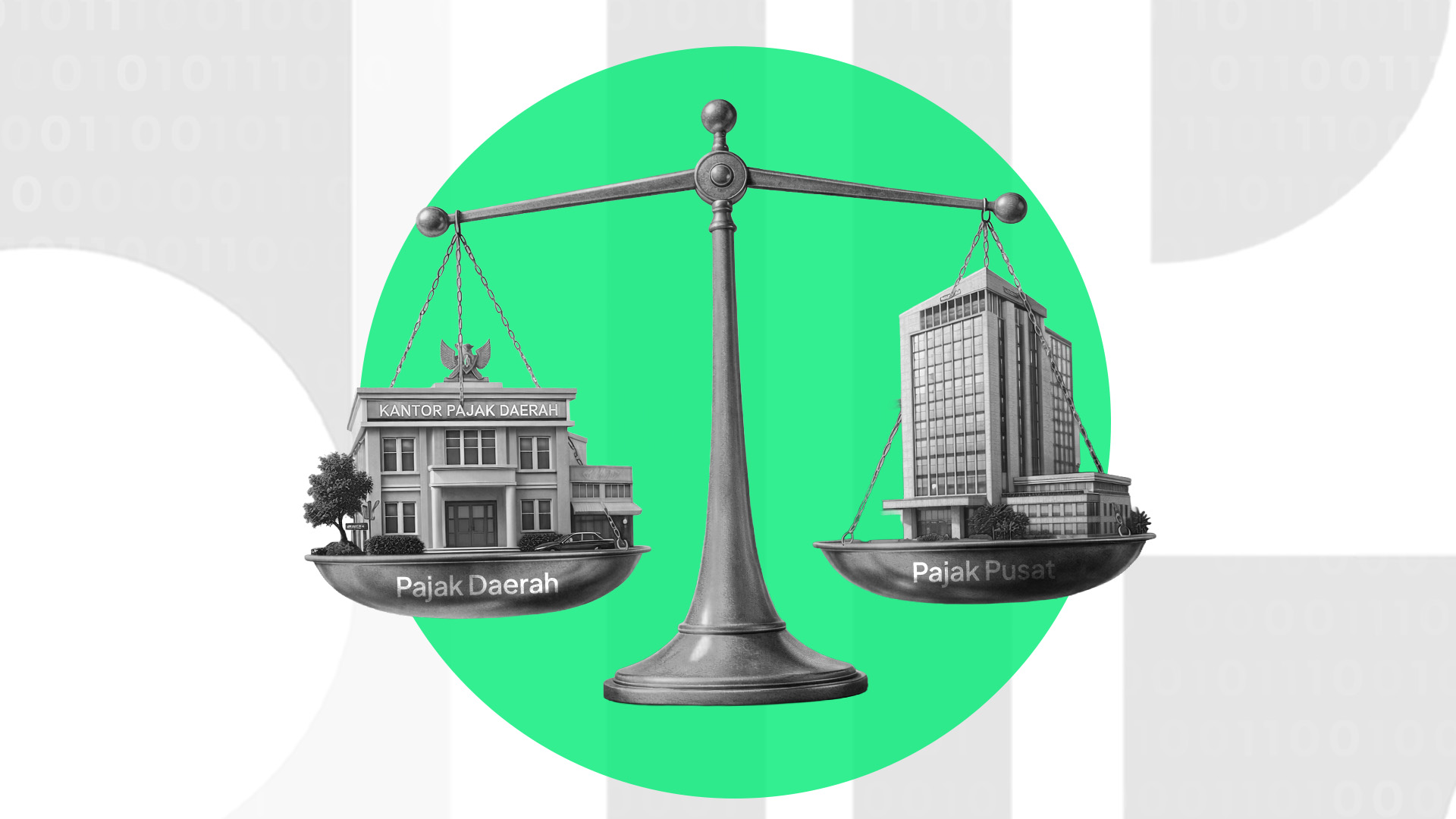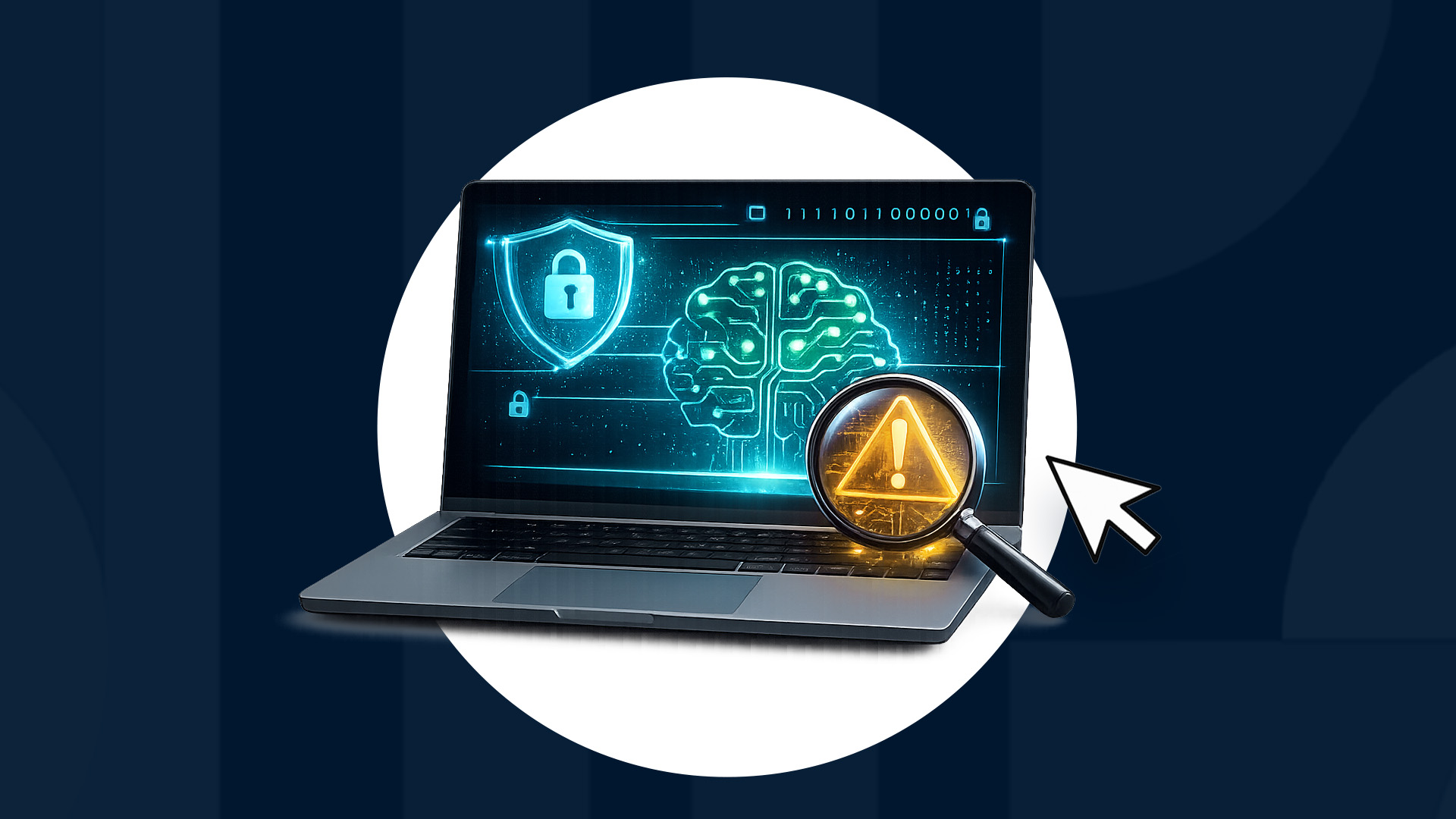The Indonesian word “nirsangkal”, meaning “undeniability”, is also known as “non-repudiasi”, or in English, “non-repudiation”. In this instance, we are referring to efforts to prevent denial.
Non-repudiation occurs in the world of shipping. Its purpose is to prevent fraud happening. It is included in important documents such as contracts, agreements, and so on.
As an illustration, denial can occur in agreements with low integrity, such as agreements signed with a wet signature, which the signatory subsequently claims for some reason that he never made a deal - perhaps using the argument that the signature on the document was forged without his knowledge.
Denial like this can be prevented using the principle of non-repudiation. This can be achieved with technology and digital identity. Conventionally, the non-repudiation principle is contained in signatures and documents that have been legally registered for company purposes. Then, the document is signed by the relevant parties, and witnesses are appointed to oversee the signing process.
Key Principles that must be followed
In practice, the principle of non-repudiation must be addressed carefully. There are several rules that must be understood and agreed upon, whether for an organization or an individual.
Over time, the principles of agreement also apply to digital signatures. As for some of them that must exist in the non-repudiation principle to ensure the validity of documents, namely:
-
The identities of the parties involved must be clearly stated, in order to avoid misunderstanding in the future.
-
Next, the authenticity of the parties involved must also be checked for correctness and legality.
-
Evidence of identity is required about the parties involved. This is especially the case with digital signatures, which use encryption codes and so on, which are only owned by those who have permission.
Applied Techniques
The non-repudiation principle can be applied using a number of technologies. Usually, the most common method is through email tracking, cryptographic hash systems, or state-of-the-art technologies such as HMAC (hash-based message authentication code).
Email tracking uses a specially designed method to ensure that the sender can not deny that he or she sent a particular message, and conversely, that the recipient of the message cannot deny having received it.
Cryptographic hash function technology is used to establish the integrity of documents with digital signatures. In such cases, usually the hash function is very strong and, as far as possible, encryption passwords are not used. This is done to avoid a "collision" when making a delivery, resulting from two separate documents producing the same hash value.
The third method, the HMAC method, is more sophisticated than the previous two. This method allows authentication and data integration through document hashing as well as transmission using a shared encryption key. Although it appears to be quite sophisticated, in practice it is not so where non-repudiation is concerned.
Attacks on Non-Repudiation
So, what happens if the principle of non-repudiation is not fully applied? This will certainly result in an attack on non-repudiation itself. When a system or application is not equipped with a good protocol, it may be easy for other parties to manipulate it. This will result in the data sent being sub-par, and its validity being in doubt.
The most common attack on non-repudiation is the occurrence of objections due to incorrectly entered data in the log files. This, if left unchecked, will lead to spoofing of a digital document and will cause harm to both you and the company.
Prevention of denial of digital document validity
To prevent unwanted occurrences when dealing with digital documents, you should use digital signatures with a high level of non-repudiation in internet communication technology.
The highest level of the non-repudiation principle is embodied in a digital certificate signed by a trusted authority, where the hash value is encrypted using a private key owned by the trusted authority.
Document senders can use the private key to encrypt the hash that is attached to the digital document being sent. The recipient can then decrypt the digital signature using the public key.
By looking at the match, the recipient can confirm who the sender of the message is. Digital signatures ensure that the right person signed the document. In addition, since the digital signature can only be made by one person, the person in question cannot deny that he or she is the originator of the transmittal.
Increasing security and identity integrity can also be done by implementing a biometric-based identity verification protocol which ensures that personal data cannot be used by other parties. That way, the integrity of the signed document can no longer be denied, or “repudiated”.
That is a brief overview of the principle of non-repudiation in digital signatures. For convenience and peace of mind when making digital signatures, you can trust PT Indonesia Digital Identity for better document security.
Read: Do Digital Signatures Really Make Life Easier? Here is the proof

.png)

.jpeg)
